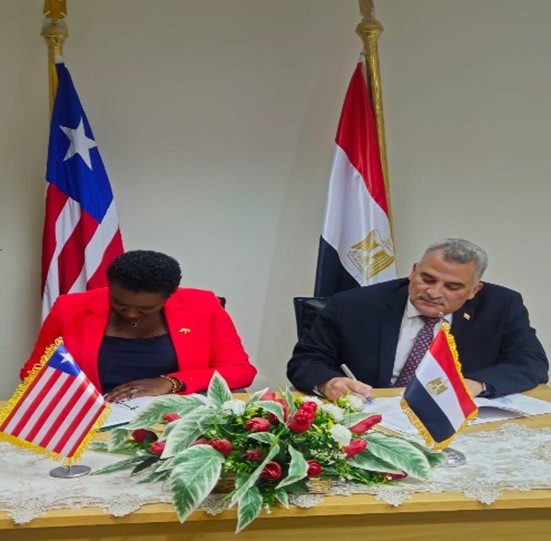To further the US government’s commitment to combating foreign government’s corruption and the United States efforts to identify and recover stolen assets, forfeit proceeds of corruption and, where appropriate and feasible, return those stolen assets or proceeds to the country harmed by the act of corruption, the United States Congress has established the Kleptocracy Asset Recovery Rewards Program. The program may pay up to US$5 million in rewards to qualified individuals who provide information leading to the restraint or seizure, forfeiture or repatriation of “stolen assets”, as defined by the law, linked to foreign government corruption.
According to information, the Department of the Treasury’s Office of Terrorism and Financial Intelligence manages the program, in close coordination with the Departments of Justice and State and US federal law enforcement agencies. The program serves as a force-multiplier for existing rewards programs targeted at a variety of illicit finance threats.
The US government’s action is in relations to the Global Magnistsky Act (E.O. 13818), issued on December 20, 2017, in recognition that the prevalence of human rights abuse and corruption that have their source, in whole or in substantial part, outside the United States, had reached such scope and gravity as to threaten the stability of international political and economic systems.
On August 15, 2022, the US Treasury Department’s Office of Foreign Assets Control (OFAC) designated three senior government officials of the Liberian government: Minister of State for Presidential Affairs, Nathaniel McGill; National Port Authority (NPA) Managing Director, Bill Twehway; and Solicitor General, Cllr. Sayma Syrenius Cephus. They were designated pursuant to Executive Order (E.O) 13818, which builds upon and implements the Global Magnitsky Human Rights Accountability Act and targets perpetrators of serious human rights abuse and corruption around the world.

The Kleptocracy Asset Recovery Rewards Program defines “stolen assets” to mean “financial assets within the jurisdiction of the United States constituting, derived from, or traceable to, any proceeds obtained directly or indirectly from foreign government corruption. The term ‘financial assets’ means funds, investments or ownership interests that, after January 1, 2021, come within the United States or that come within the possession or control of any US person.
However, the program restricts reward eligibility and payments under two circumstances: employees of foreign, US federal, state or local governments who furnish information obtained in the performance of official duties are ineligible for reward payments; and potential reward recipients involved in the underlying misconduct are subject to a mandatory reduction of any reward, and may be subject to a denial of an award, at the Secretary of the Treasury’s discretion. In addition, any potential reward recipient who is convicted of criminal conduct arising from their role in the underlying corruption shall be denied a reward, and Treasury may seek to recover any reward already paid.
The Interagency Review Committee of the program considers reward eligibility on a case-by-case basis; it may consider a reward nomination in response to information an individual provides directly to Treasury through the tip line, +1-202-622-2050, or email address, Kleptocracy_Rewards@Treasury.gov, or to an investigating agency or a U.S. embassy. By statute, the maximum amount of any reward is US$5 million, unless the Secretary of the Treasury determines the case merits a reward greater than that amount, personally authorizes a greater amount and notifies Congress of the determination.
The reward amount is said to be based on various factors, including whether the information was previously known to investigating agencies, the risk assumed by the informant and the significance of the information in leading to the restraint or seizure, forfeiture or repatriation of the assets identified. In addition to accepting all relevant information, the program will advertise instances in which law enforcement seeks information leading to the restraint, seizure, forfeiture or repatriation of stolen assets linked to foreign government corruption.
To be eligible for consideration for a reward, nominees must submit information under penalty of perjury. Those who knowingly provide false information may be referred to US law enforcement for further investigation.







